New Scientist on RootIO
27 May 2015
New Ugandan radio stations run on sun, smartphones and buckets
Bare-bones radio stations, which use smartphones as their DJ booths, are setting information free in rural Uganda
By Luke Yoquinto
JANE ADONG used to ride for 10 hours on a motorcycle to get to her nearest radio station. From there, she would broadcast her show – an advice segment dealing with HIV education. Her neighbours back in the Ugandan town of Patongo would tune in and listen.
This week, she got those hours back. Adong and the NGO she founded, Gwokke Keni, now have a station of their own in Patongo, one of four prototype radio transmitters being erected in rural Ugandan towns and villages. Made from a bucket, some circuitry and a smartphone, the system is opening up information access like never before.
Although the internet and social networks have revolutionised the rich world, millions of people in poor countriesdon’t even have radio broadcasts in their own language. Traditional radio stations need a building with sound equipment that links to a powerful antenna. But as advances in electronics have driven computation into smaller and cheaper packages, it has become possible to run a whole radio station with little more than a phone.
“It has become possible to run a whole radio station with nothing more than a phone”
The stations are the product of RootIO, a start-up founded by Ugandan telecom expert Jude Mukundane and Chris Csikszentmihályi, formerly of the MIT Media Lab. Each consists of a solar panel, battery, 15-metre-tall transmitter tower and a smartphone. A white 19-litre bucket houses the hardware and keeps it dry.
The smartphone is the linchpin. It runs an Android app that connects to radio hosts’ personal phones, letting them control the broadcast through a phone call and their standard keypad. Smartphones at each station can talk to each other through the app to syndicate content, but most initial programming will serve specific local needs. In one show, listeners will call in with the vocal equivalent of classified listings – a valuable service in places like rural Uganda, where literacy rates are low.
Another will have an advice segment that focuses on veterinary and agricultural issues. Adong and Gwokke Keni will devote airtime to HIV destigmatisation and information on compliance with antiretroviral medication. Because cellphones are plentiful in Uganda but minutes of talk time are not, RootIO’s system will register the caller’s telephone number for all call-in shows and, instead of connecting, will hang up and dial the person back at no charge.
“[It] provides an interconnection between radio and phone, two of the most pervasive technologies used by poor and marginalised people,” says UNICEF’s Sharad Sapra. The result is radio that functions more like a telephone, designed for a two-sided conversation.
Silicon Valley technology is often touted as a way to better the lives of people in poor countries. But with her new station, and more like it coming soon, Adong and other Ugandans are taking the power of information into their own hands.
This article appeared in print under the headline “Radio in a bucket”

